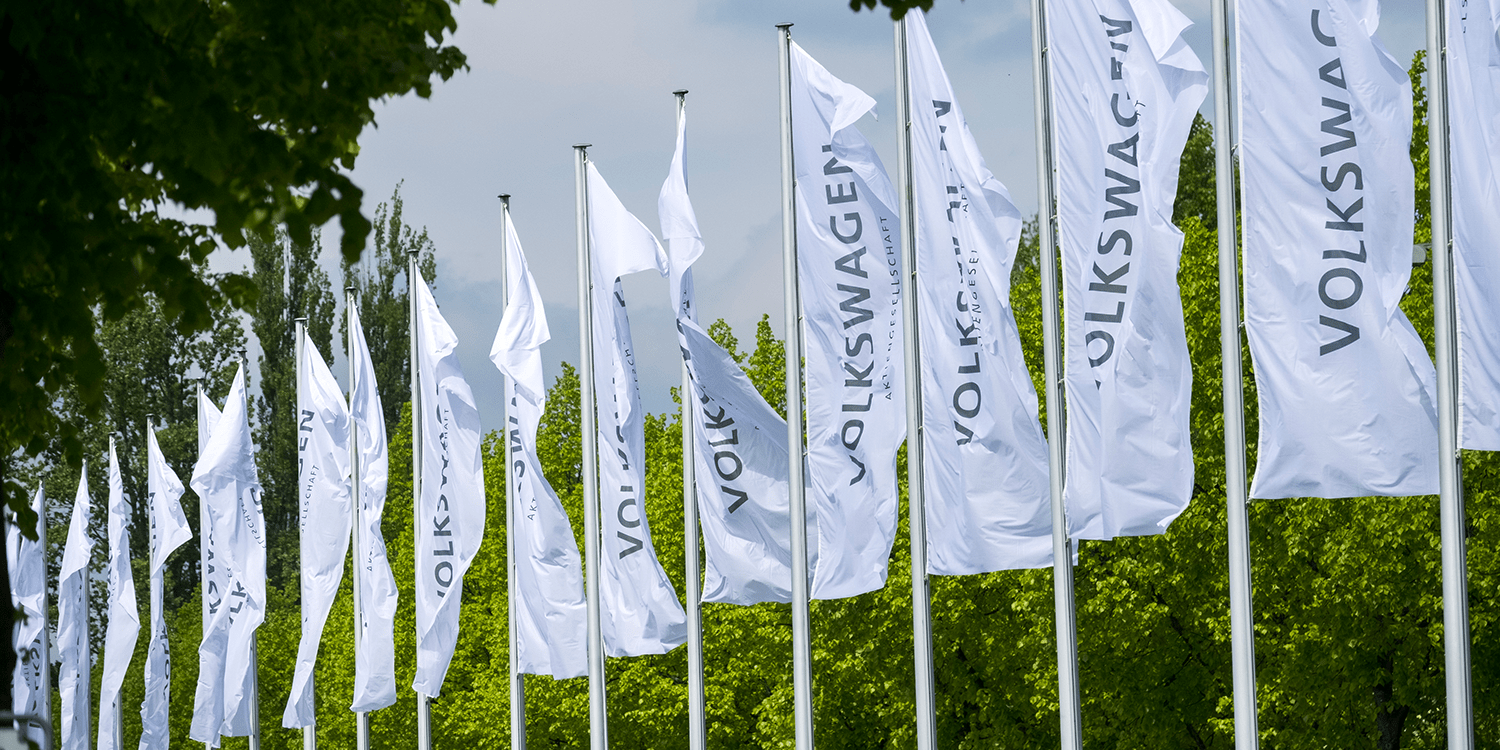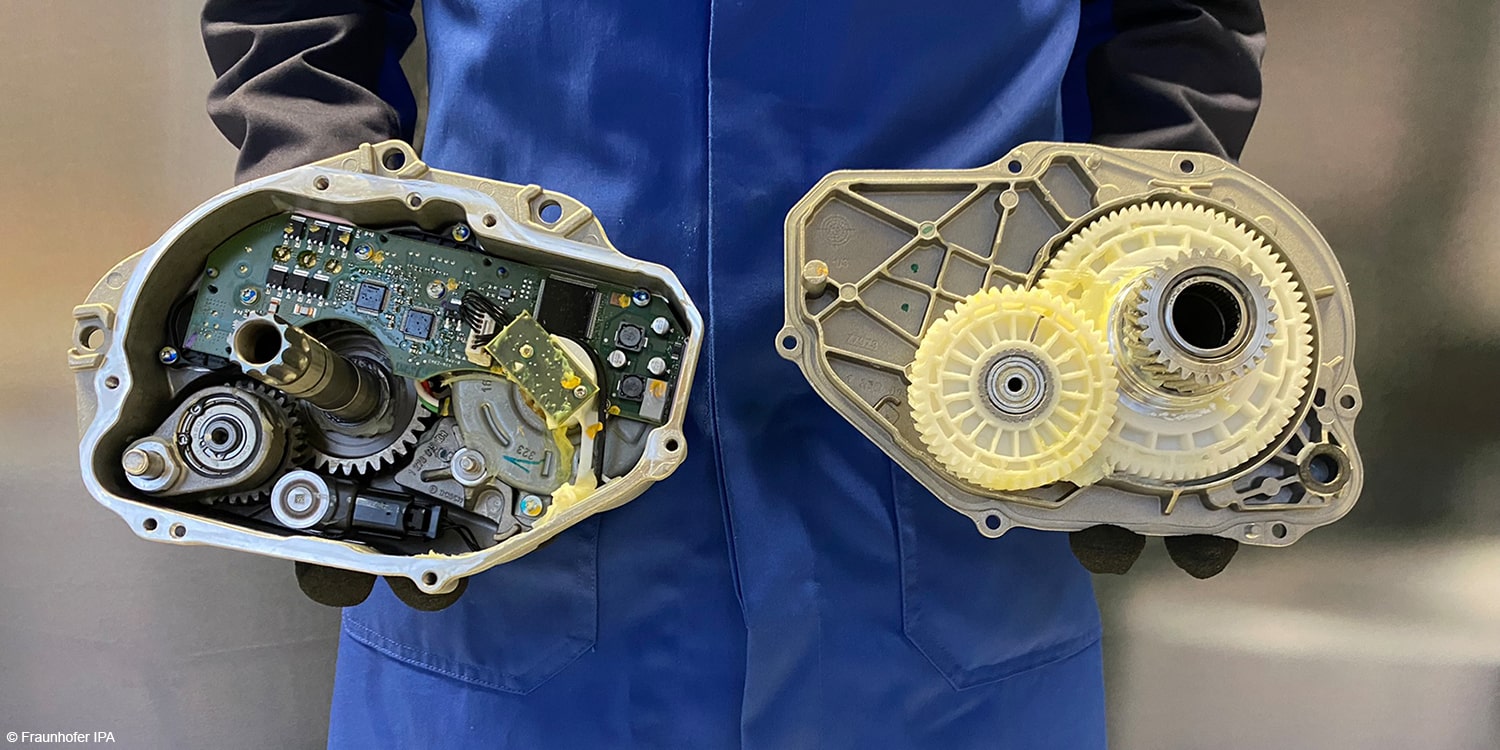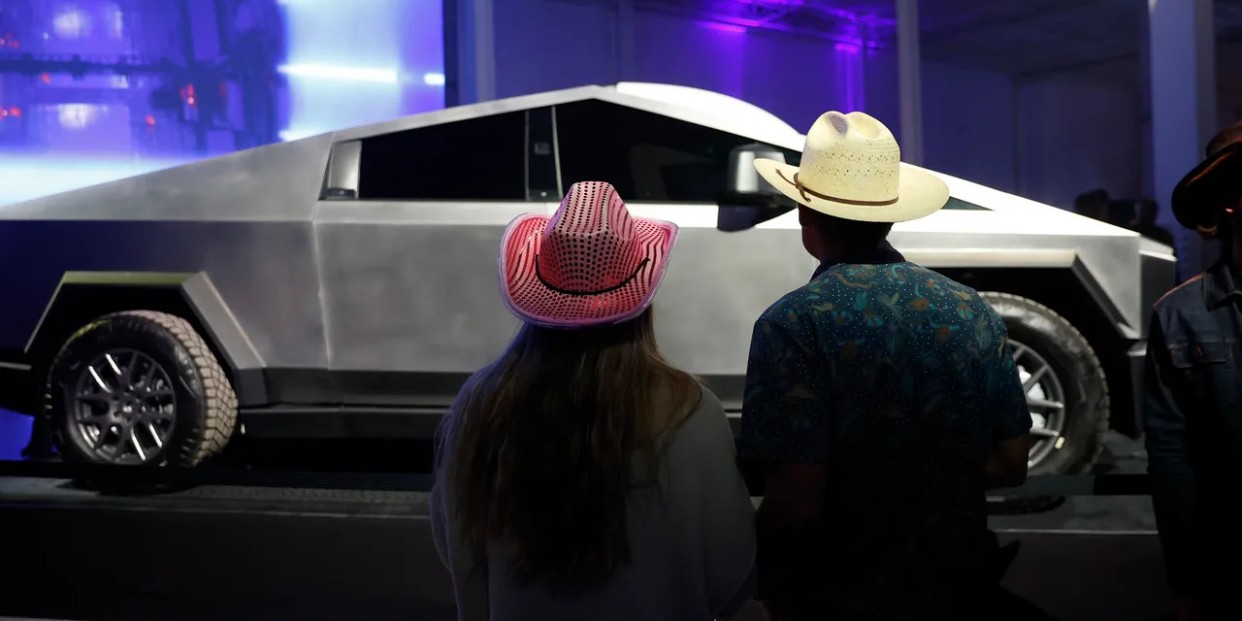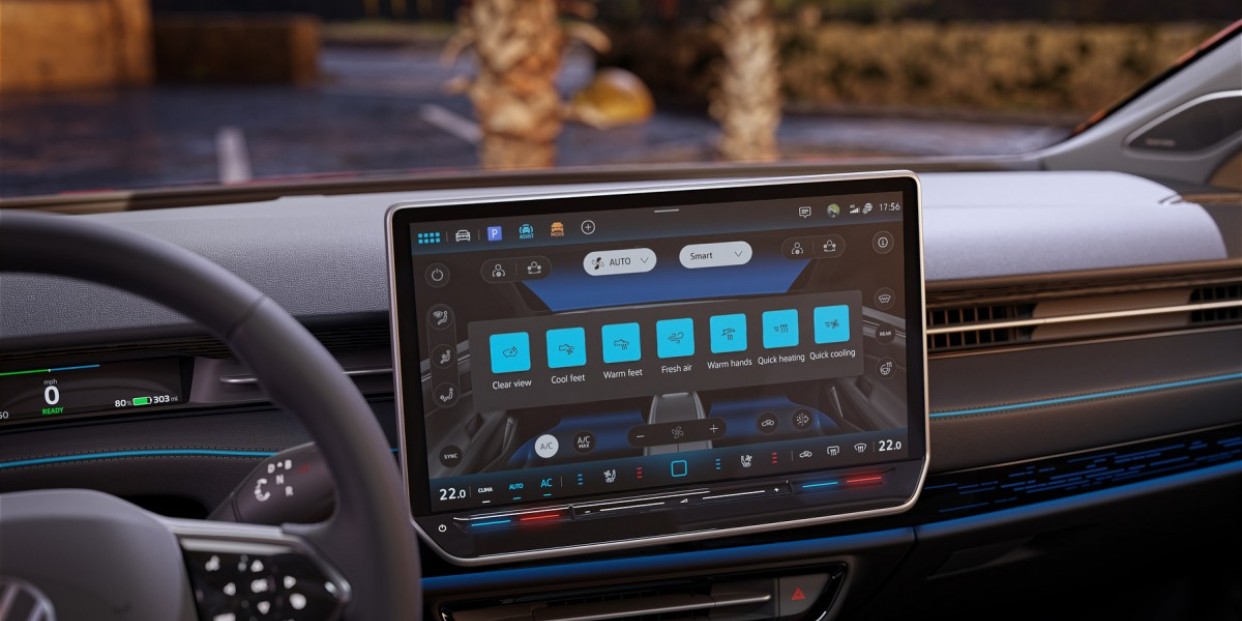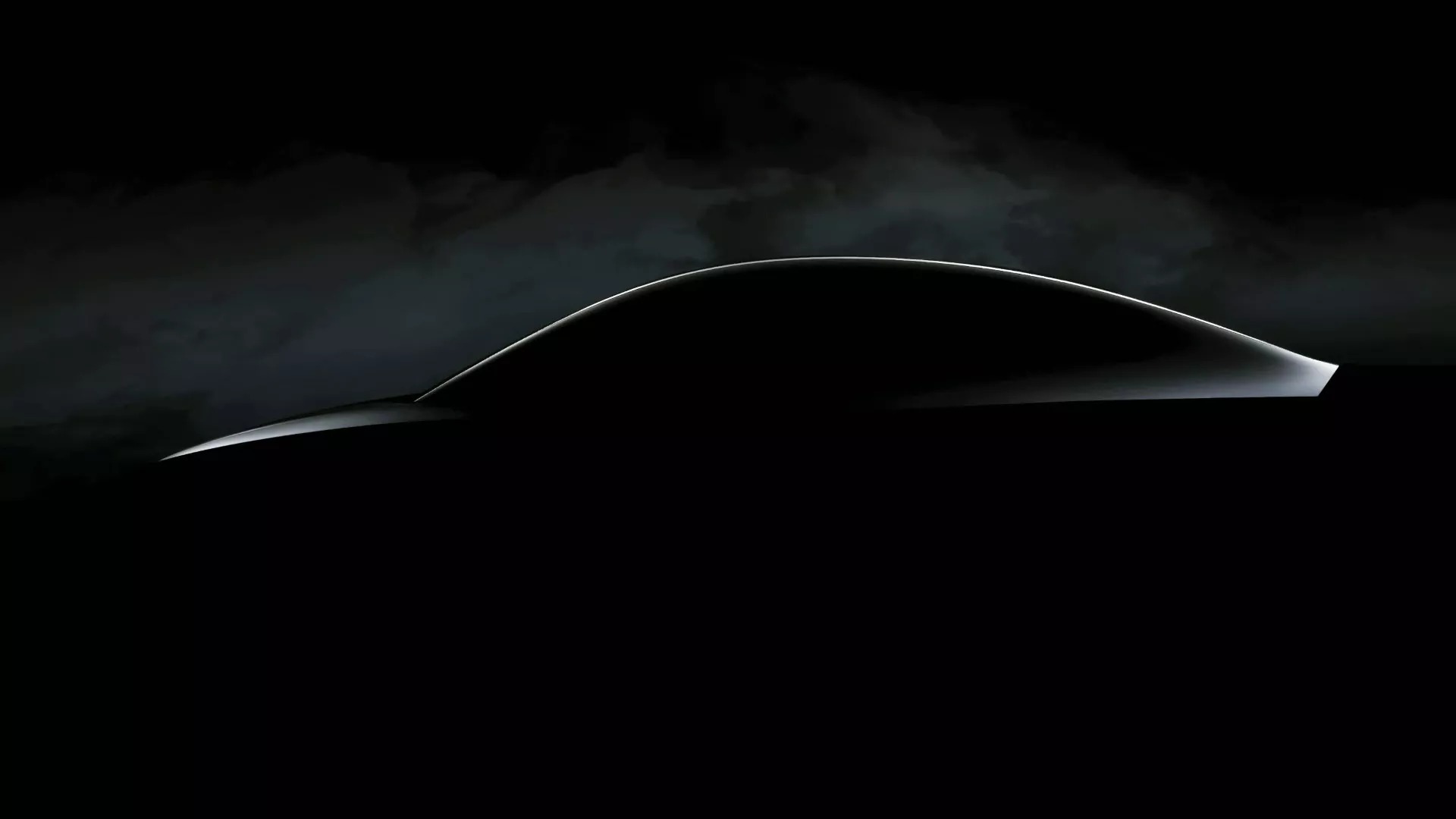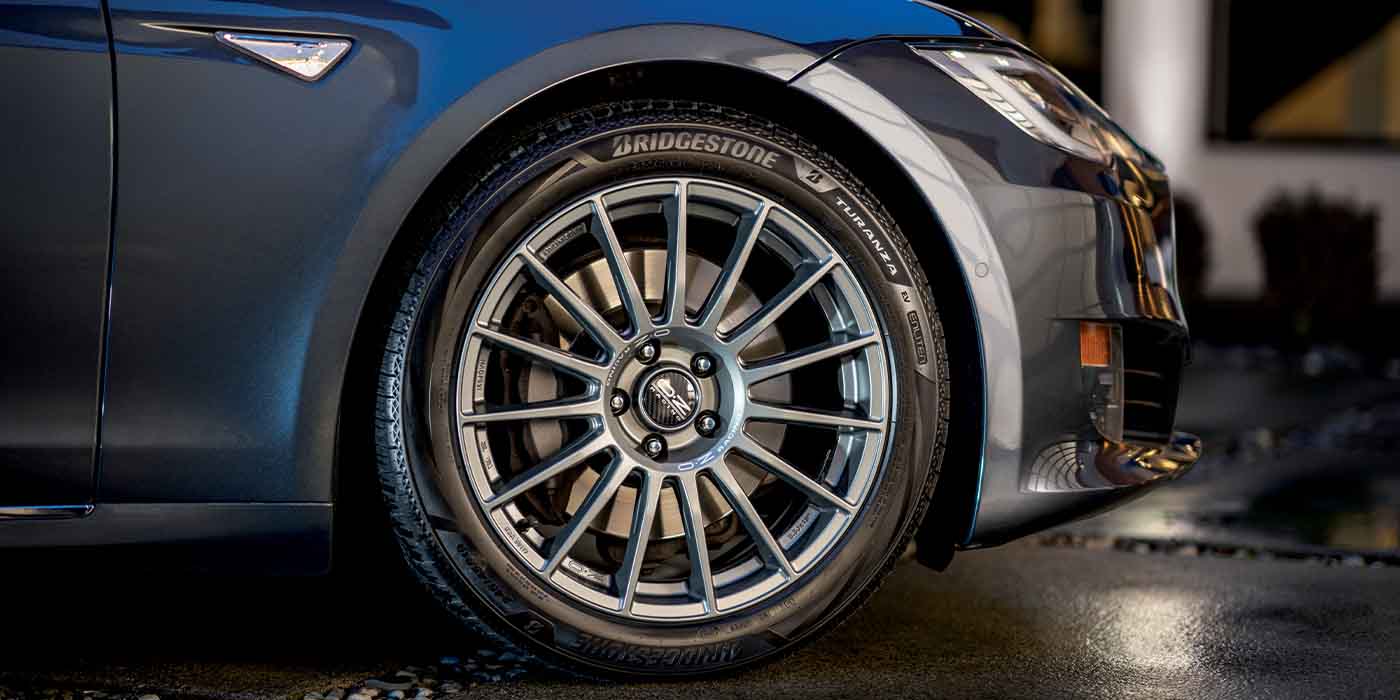In a recent development, the planned joint venture between Volkswagen Group and Bosch to equip battery cell factories has been called off. Instead, Volkswagen and its battery subsidiary PowerCo will pursue the plan alone, while Bosch will remain on board as a supplier.
The original plan was to establish a supply chain for battery cell factories and to supply integrated battery production systems. The aim was to support battery cell and system manufacturers in ramp-up and maintenance on-site. However, Stefan Hartung, CEO of Bosch, confirmed that they are no longer setting up a joint venture, without giving any reasons for the change of plans.
Volkswagen and its Salzgitter-based battery subsidiary PowerCo are now in talks with potential partners, and a spokesperson for Volkswagen stated that they will provide information on the exact constellation in due course.
See also: Volkswagen to invest $20 billion in electric vehicles battery business with capacity of 240 GWh
Despite the cancellation of the joint venture, Bosch and Volkswagen will continue to cooperate in other areas. Bosch will assist the carmaker in digitalizing its factories, supplying software for VW’s cell factories. According to Bosch’s digital head Tanja Rückert, the companies could work together “better on a project level than in such a construct.
PowerCo, meanwhile, has announced the construction of another battery factory in St. Thomas, Canada, which will have an annual capacity of up to 90 GWh. The ground-breaking ceremony is scheduled for 2024, and production is set to begin in 2027. Additionally, plans were recently announced for PowerCo to work with partners to build an ecosystem for electric vehicle batteries in Indonesia.
See also: Volkswagen’s PowerCo Begins Construction on Second EV Battery Gigafactory in Spain
This move highlights the intense competition in the electric vehicle market and the importance of securing a stable and efficient supply chain for battery cell production. With the increasing demand for electric vehicles, automakers must ensure a reliable supply of high-quality batteries to remain competitive in the market.

